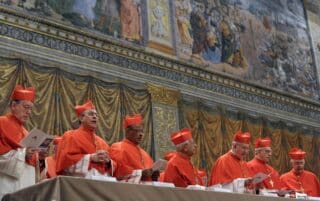When I was dean of a college at the Pamantasan ng Lungsod ng Marikina, I vividly recall one afternoon meeting with my faculty. With the intent to hone further our teaching skills, we discussed types of instructional methods.
One professor shared a paradigm, saying that the variability of the students is a factor in adopting a teaching method. He said that determining the “right” instructional method depends on many things especially on the type of students one has. If students are disciplined, a democratic type of teaching is ideal, otherwise an autocratic or dictatorial style of teaching would best apply.
I was toying with the idea that the teaching and learning styles in our schools may be reflections of the political life of our society, especially the relationship between our leaders and the people being led by them. For instance, there is no denying that there is a wave of serious social ills besetting our country. Problems of violent crimes, substance abuse and corruption are just a few of them. These problems reflect the behavior of unmotivated and undisciplined people. Our leaders should guide such people out of those problems by developing in them a drive for self-motivation and self-discipline. Motivating and disciplining our people through threats and fear expose tyrannical tendencies. Effective discipline is evident when people control their behavior in accordance with what they know as right or wrong, not because of fear or death threats.
I suggest that the Duterte administration, as a priority, use its government power to build a culture of discipline among our people based on Filipino values. Conversely, to use the coercive power of the government to silence the worst criminals among us, especially those from the socially disadvantaged sector, is to create a culture of death.
Jesus chooses to be close to the unloved and the unlovely as part of a larger and loving plan of God. I am open to a leader who has despotic inclinations for as long as he uses this style of leadership to build, not to stamp out, lives. It might be providential to have a national leader who acts and thinks like a dictator in a society where a substantial number of its members are unmotivated and undisciplined. This is our fate, so they say, and it might be still a part of a larger and loving plan of God.
—REGINALD B. TAMAYO, Marikina City




